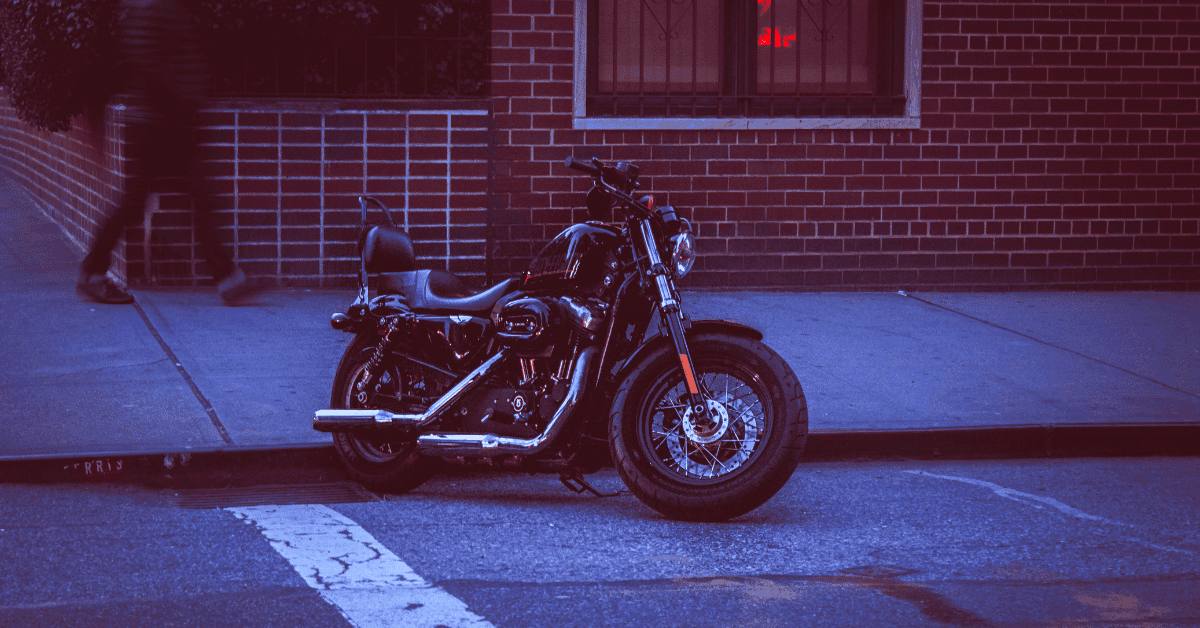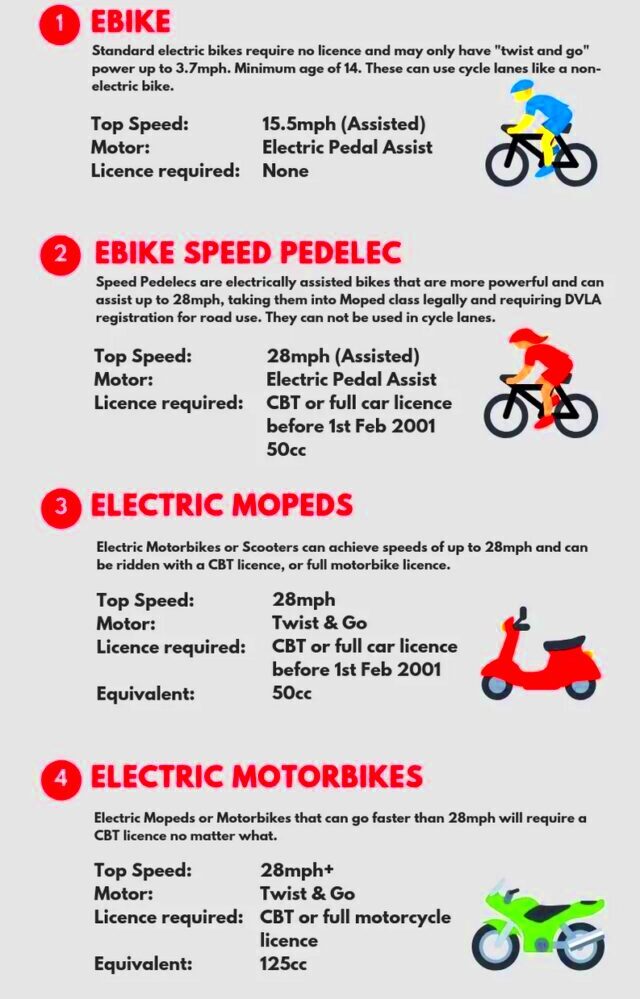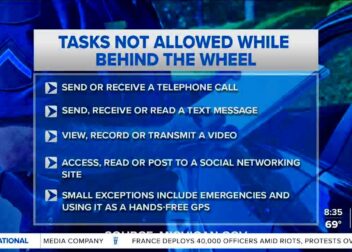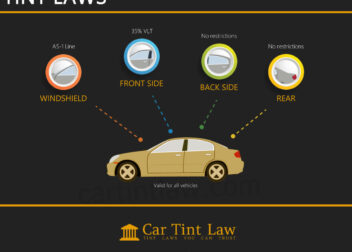Virginia Moped Laws: What Riders Should Know
Virginia moped laws are designed to ensure safety on the roads while allowing riders to enjoy the convenience of these small vehicles. Mopeds are a popular choice for short trips and commuting, especially in urban areas. Understanding the laws governing mopeds is crucial for any rider to avoid penalties and ensure a safe riding experience. This post will cover the key aspects of moped regulations in Virginia, including definitions, registration requirements, and more.
Definition of a Moped in Virginia

In Virginia, a moped is defined as a two-wheeled vehicle with a maximum engine capacity of 50cc and a maximum speed of 35 miles per hour on level ground. It must also adhere to the following criteria:
- Must have a bicycle-style pedal system or be equipped with an automatic transmission.
- Cannot be designed for off-road use.
- Must have operational brakes, lights, and a working horn.
Understanding this definition is vital because it determines whether a vehicle qualifies as a moped or requires a different type of registration and licensing.
Requirements for Moped Registration

Registering a moped in Virginia involves several important steps. Here’s what you need to know:
- Title Your Moped: Before registration, you must obtain a title for your moped. This involves providing proof of ownership, such as a bill of sale or receipt.
- Visit the DMV: Go to your local Department of Motor Vehicles (DMV) office. You’ll need to bring the following documents:
- Proof of identity (like a driver’s license).
- Proof of residence.
- Title documents.
- Pay Registration Fees: There are fees associated with registering your moped. The cost may vary, so check the current fees on the DMV website.
- Obtain a Registration Certificate: Once registered, you’ll receive a registration certificate. Keep this document with you when riding.
Remember, riding an unregistered moped can result in fines and penalties, so it’s crucial to complete the registration process properly.
Licensing Requirements for Moped Riders
Before you hit the road on your moped in Virginia, it’s essential to understand the licensing requirements. While the rules may seem straightforward, adhering to them is crucial for your safety and legality. In Virginia, you have a few options when it comes to riding a moped:
- No License Required: If your moped’s engine size is 50cc or less, and it can’t exceed speeds of 35 mph, you may not need a driver’s license to operate it.
- Operator’s License: If you already have a valid Virginia driver’s license, you’re good to go! Just make sure your license is not suspended or revoked.
- Moped License: If you don’t have a driver’s license, you’ll need to apply for a moped license specifically. This process includes passing a written test on Virginia traffic laws.
Make sure to carry your license or permit while riding. This is not only a legal requirement but also helps in case of an accident or traffic stop.
Safety Regulations for Moped Operation
Riding a moped can be a fun and efficient way to travel, but safety should always come first. Virginia has several regulations in place to ensure that riders operate their mopeds safely:
- Wear a Helmet: All moped riders are required to wear a DOT-approved helmet. This is one of the most effective ways to protect yourself in case of an accident.
- Use Reflective Gear: Wearing bright and reflective clothing increases your visibility to other drivers, especially at night.
- Follow Traffic Laws: Mopeds must obey the same traffic signals and signs as other vehicles. Always signal when turning and use hand signals when necessary.
- No Riding on Sidewalks: It is illegal to ride mopeds on sidewalks unless specifically allowed by local ordinances.
By following these safety regulations, you not only protect yourself but also contribute to safer roads for everyone.
Insurance Requirements for Mopeds
In Virginia, it’s important to understand the insurance requirements for mopeds. Although mopeds are often smaller and less powerful than motorcycles, having insurance is still crucial. Here’s what you need to know:
-
- Liability Insurance: Virginia requires all moped riders to carry liability insurance. This covers damages or injuries you may cause to others in an accident.
- Minimum Coverage: The minimum liability coverage required is:
| Type of Coverage | Minimum Amount |
|---|---|
| Bodily Injury per Person | $25,000 |
| Bodily Injury per Accident | $50,000 |
| Property Damage | $20,000 |
- Additional Coverage Options: While liability insurance is mandatory, consider additional coverage like collision or comprehensive insurance for extra protection.
- Proof of Insurance: Always keep proof of your insurance on you when riding. This is necessary in case of an accident or traffic stop.
Understanding and complying with insurance requirements not only keeps you legal but also gives you peace of mind while enjoying your ride.
Common Violations and Penalties
Understanding common violations and their penalties can help you avoid costly mistakes while riding your moped in Virginia. Knowing what to watch out for can keep you safer and ensure a smoother riding experience. Here are some of the most frequent violations:
- Riding Without a License: Operating a moped without the proper license can lead to fines and legal issues. Penalties can include a fine of up to $500 and potential points on your driving record.
- Not Wearing a Helmet: Failing to wear a DOT-approved helmet while riding can result in fines. The fine can range from $25 to $50, depending on local laws.
- Exceeding Speed Limits: Mopeds must adhere to posted speed limits. Speeding can lead to fines, and if you exceed limits significantly, you may face more severe penalties.
- Failure to Register: Riding an unregistered moped is illegal and can result in fines. The fine can be up to $100 or more, depending on the situation.
Always remember that repeated violations can lead to more severe penalties, including potential jail time in extreme cases. Staying informed about the laws can help you avoid these pitfalls.
FAQs about Virginia Moped Laws
Many riders have questions about Virginia’s moped laws. Here are some frequently asked questions that might help clarify things for you:
- Do I need a driver’s license to ride a moped? It depends on the moped’s specifications. If it has an engine of 50cc or less and doesn’t exceed 35 mph, you may not need a driver’s license.
- Is insurance required for mopeds? Yes, liability insurance is mandatory for all moped riders in Virginia.
- Can I ride my moped on the sidewalk? Generally, no. Mopeds are not allowed on sidewalks unless local laws specifically permit it.
- What are the penalties for not wearing a helmet? You can be fined between $25 and $50 for not wearing a DOT-approved helmet while riding.
If you have more questions, it’s always a good idea to consult the Virginia DMV or legal resources for the most accurate and up-to-date information.
Conclusion on Virginia Moped Laws
Understanding Virginia’s moped laws is crucial for a safe and enjoyable riding experience. Whether you’re a seasoned rider or a newcomer, being informed can help you navigate the rules effectively. Remember to keep your moped registered, wear your helmet, and adhere to traffic regulations. By following these guidelines, you not only protect yourself but also contribute to safer roads for everyone. Riding a moped can be a fun and efficient way to travel, so make sure you’re fully aware of the laws to enjoy every ride with peace of mind.


